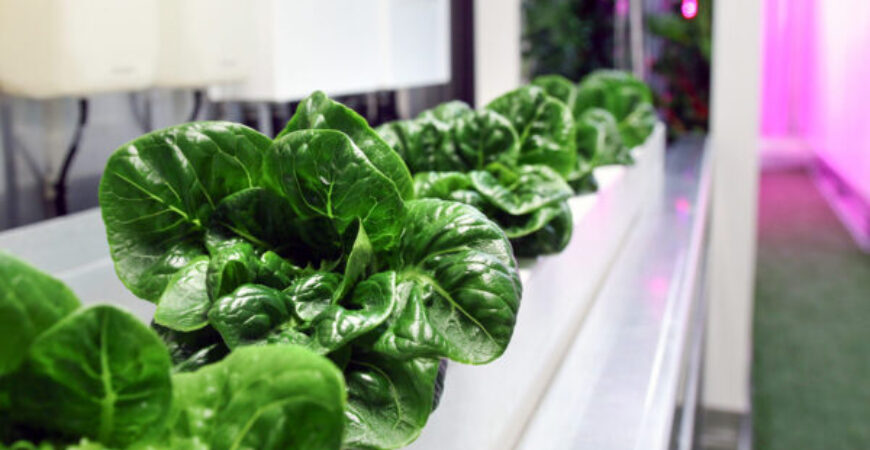WARSAW — Four County Electric Membership Corporation will soon complete the purchase of a smart farm container with grant funding from the North Carolina Tobacco Trust Fund Commission, bringing the first of its kind to Duplin County.
“We are thrilled to announce our latest initiative in sustainable agriculture through the introduction of a state-of-the-art hydroponic smart farm container,” said Greg Sager, Four County EMC vice president. “Together with the Tobacco Trust Fund Commission, North Carolina EMC, James Sprunt Community College, and Duplin County, we are cultivating innovation, opportunity, and progress for a brighter future, one hydroponic smart farm container at a time.”
This initiative will bring cutting age technology to Duplin County allowing operators to grow hyper-local organic produce in a climate-controlled environment.
“With advancement in technology and internet-based industries, our younger generation has grown away from typical agriculture practices,” said Carrie Shields, Duplin County assistant manager. “Food production is a necessity in life. We must find ways to reinvent farming in order to attract our younger workers to this evolving industry. Hydroponic farm programs and research will allow us to provide ways to get our youth interested in food production.”
Built in a 320-square-foot freight container, the smart farm provides an equivalent land yield of 2 to 4 acres annually using an average of 5 gallons of water daily. The specialized system controls the flow of water, light and air needed to provide the necessary nutrients and optimal climate for the crops and it can grow more than 500 crop varieties using advanced vertical farming.
“It opens up a lot of opportunities,” said Shields. “It will provide hands-on real-life experience. It is also a new upscale technology. It is really exciting.”
Shields explained that the Hydroponic Smart Farm will be strategically housed beside the James Sprunt Community College commercial incubator kitchen at West Park Industrial Park in Warsaw, “to provide food entrepreneurs the opportunity to use the ‘the greenest, cleanest produce’ that is locally grown, bring a farm to table concept.”
According to Sager, the smart farm project will create community-centered programs targeting health and wellness, job skills, mental health, and education.
Shields shared that their goal is to partner with JSCC to educate, train, and maintain the crops growing in the hydroponic smart farm.
 Twitter
Twitter Facebook
Facebook Instagram
Instagram




